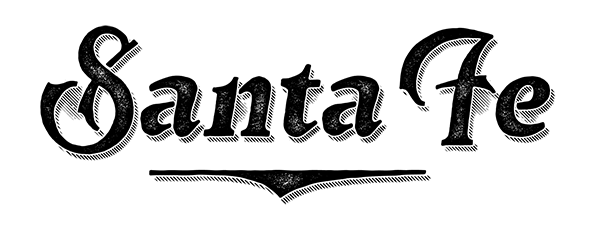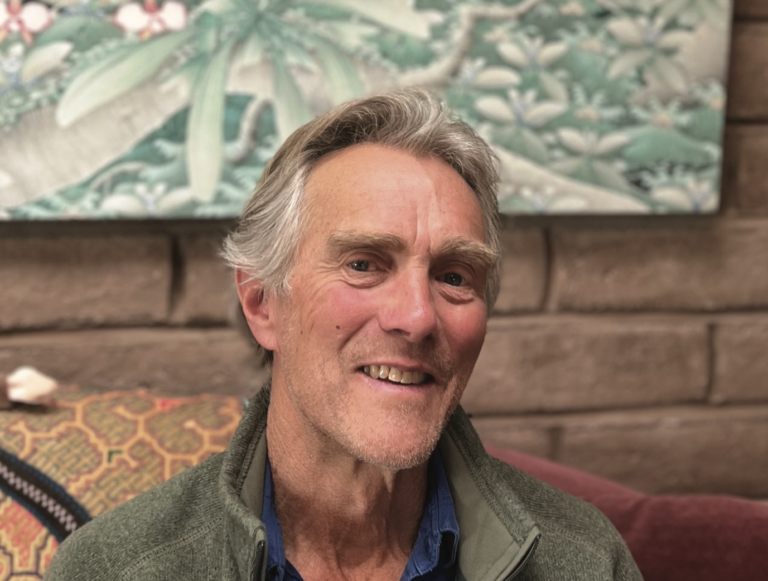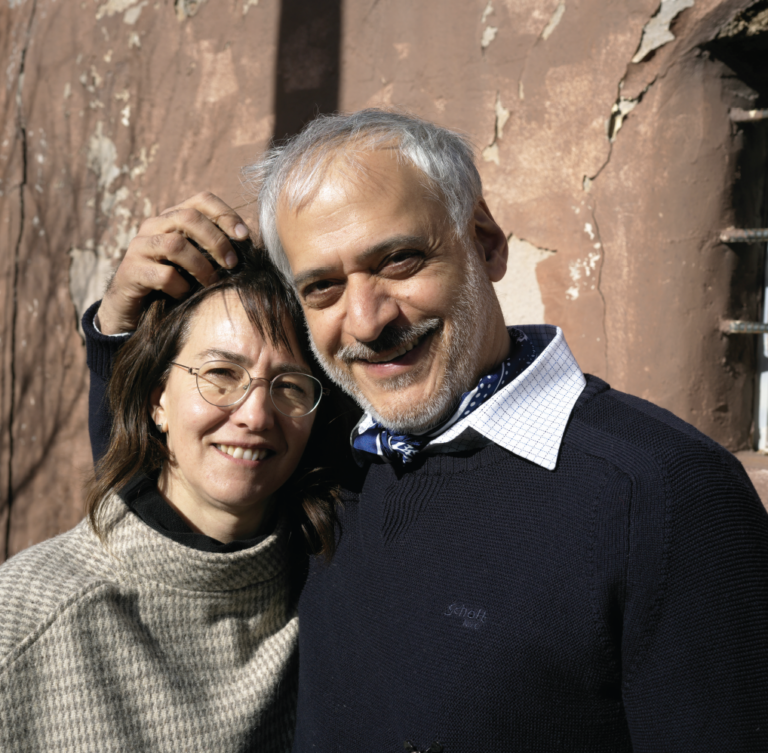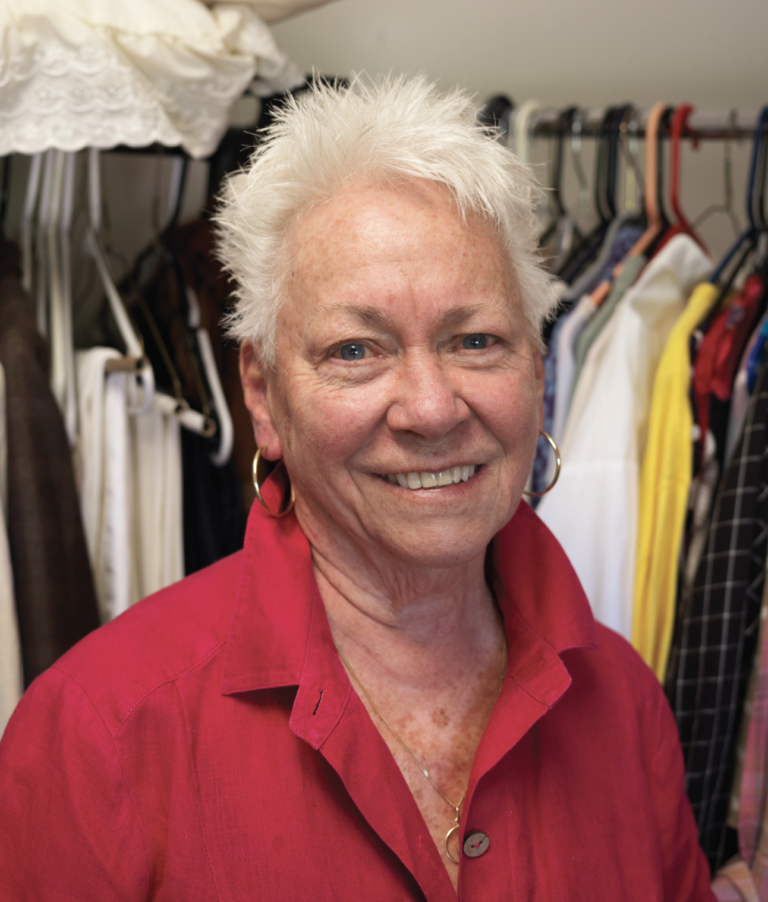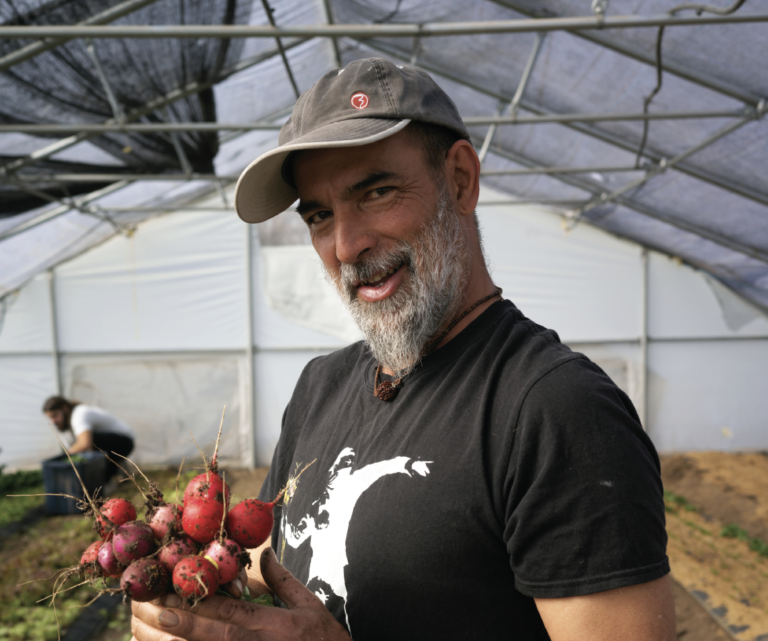SHE IS FROM THE Naaneesht’ézhi Táách’iinii clan which translates to the Black Charcoal Streak (Zuni) Division of the Red Running into Water Clan.
She says she is not Navajo – that name is an inaccurate label from colonialism. And, she takes it pretty damned seriously: she is a scholar, musician, public speaker, performance poet, and community organizer.
She’s a walker in the Nihigaal Bee Iiná Movement, a 1,000-mile prayer walk to expose the exploitation of Diné land and people by the oil and gas industries. We spoke to her at her home in Diné Tah, the ancestral homeland which spans New Mexico, Colorado, Utah, and Arizona.
Indigenous Ecosystems
Once, an elder told me that native people control enough land to change the way that the world thinks about food and water. He told me that things are going to change very quickly on our planet, and that people will need help. I took this very seriously and decided to do my PhD on pre-Columbian indigenous food systems and the lessons they can teach us today. So I’ve been studying awesome projects that people have done in the past. For example: kelp forests planted by British Columbia natives that support the herring roe and spawning, which forms the basis for an entire food web. And the Algonquin oyster fishery in the Chesapeake Bay, which has recently shown to be a successful 10,000 year-old fishery. Then there’s the chestnut and black walnut forests of the Appalachians – it’s over 3,000 years old and was managed by indigenous peoples until 1830, when their homelands were destroyed by colonization. And there’s the native people in the Southwest who ingeniously positioned their fields at the base of small water-sheds to harness the monsoon
rains and all of the nutrients, so there was never a need for outside fertilizers or irrigation. This is all about indigenous ecosystems: not planting gardens, but planting forests, not managing farms but managing whole bio-regions and augmenting habitat so that we don’t have to cage or farm our food – we just create a home for it.
Hozhó
“It is dawn. The sun is rising in the sky and my grandmother and I are singing prayers to the horizon. This morning, she’s teaching me the meaning of hozhó. Although there’s no direct translation from Diné Bizaad, the Navajo language, into English, every living being knows what hozhó means. For hozhó is every drop of rain. It is every leaf on every tree. It is your every eyelash. It is every feather on the blue bird’s wing. Hozhó is undeniable beauty that surrounds us.” — LYLA JUNE JOHNSTON
A lot of people translate Hozhó as beauty. But it also could mean joy. It’s the experience of being a part of creation. Many indigenous people were able to feel the profound beauty and joy of simply living on this planet. That comes from being in a relationship with all of the forces and the cycles and the dynamics and the processes that this Earth is. The natural response to truly feeling and experiencing this is a sense of awe, wonder, and joy.
Diné Tradition
I co-created a school with my community to teach traditional Diné knowledge because our language and knowledge are going extinct, especially with elders dying of COVID. There are many elders that aren’t going to be with us much longer, so our school is trying to rescue all of this knowledge before it’s gone.
We’re teaching traditional architecture, culture, and language to young natives because they are stripped of their culture, and they feel emptiness. On a national level, I recently worked with the Mashpee Wampanoag to shoot down a Trump administration attempt to dissolve their reservation. This would have been the first, leading to the dissolution of reservations nationwide. We’re keeping our eye on that to make sure that future administrations don’t pick up that agenda item – ever again. Also, I’m working on an indigenous solutions podcast, talking with elders and community members who have unique solutions to community and world problems.
Politics
I ran for Speaker of the House against Brian Egolf, who took a lot of campaign donations from the oil and gas industry, the pharmaceutical industry, and the casino industry. So I was going up against some very ruthless organizations. It actually looked like I might win because I had significant donations from all 50 states. The whole country was watching this race.
Unfortunately, someone on my staff turned on me and filed false police reports. Recently, those reports were confirmed by the police to be completely fabricated. But that slander was hurtful, and I decided I didn’t want to be in the crosshairs of those industries anymore.
Addiction
I grew up in a community of drug addicts and dealers. I started being drugged when I was 11 by my peers and by the adults around me. I started drinking when I was 12 and started doing harder drugs as a teenager. Somehow, I still managed to go to Stanford University, but it wasn’t without a lot of scars and wounds from addiction. The thing I learned is that I wasn’t going to get sober until I really wanted to. You can have all of the family members around you praying for you, wanting the best for you, but until the addict decides that they want to change their life, all the prayers in the world will not help. And when the addict finally makes this decision, they can’t do it alone. When you’re in that deep of a place of despair and confusion and pain – which is why you do the drugs in the first place – you need support. I went to a ceremony and prayed. The ceremony gave me a place to pray for sobriety. It gave me enough pause in my life to really think about what I wanted. And sure enough, within a few months – miraculously – the support that I needed came to me in the perfect way, at the perfect time. Because, believe me, if you knew me when I was partying, you would think, Wow, it will be a miracle if this girl lives past 25.
Sodizin
The Diné word sodizin means both song and prayer. And the word for healer, hatałii, is also the word for singer. So music is seen as a healer, and singers are seen as doctors. When we talk about doctors, we always use hatałii. If you’re sick, we have ceremonies to help, and those ceremonies involve singing. So when I sing, I want it to be a song that heals.
Creator
I don’t claim to know what Creator is. In our tradition, it’s viewed as a mystery. And we are okay with not knowing. What I do know is that this force is very loving and wants to help us. And it’s listening and moves through anything that is not afraid and is not selfish. If we are selfless and fearless, we are in the heart of Creator. That’s all I know.
Learn more at lylajune.com
Photo Lyla June
